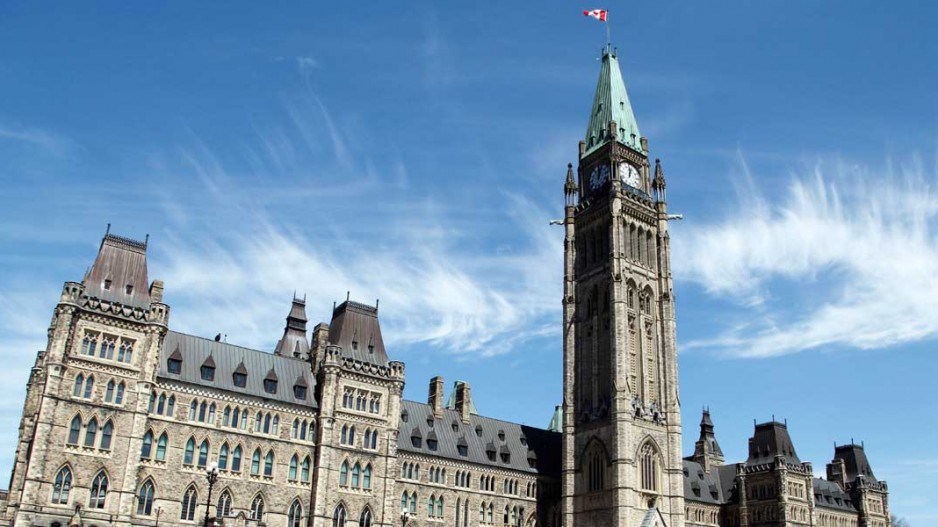The federal government is promising to bolster the finances of the country’s largest employers — those with annual revenue of at least $300 million.
Ottawa announced Monday (May 11) the launch of the Large Employer Emergency Financing Facility (LEEFF), which aims to provide bridge financing to big businesses that aren’t able to tap into conventional financing to maintain operations.
“But let me be clear: these are bridge loans, not bailouts,” Prime Minister Justin Trudeau said during his daily media briefing outside his home in Ottawa.
“Of course, we would much prefer that people look onto the private credit markets to get the loans and bridge financing they need but we will be there as a lender of last resort.”
The government says the financing can’t be used to resolve insolvencies or restructure firms.
The LEEFF program will also not provide low-interest financing to businesses that otherwise have access to enough capital to make it through the pandemic.
“Companies seeking support must demonstrate how they intend to preserve employment and maintain investment activities. Recipients will need to commit to respect collective bargaining agreements and protect workers’ pensions,” the federal government said in its announcement.
In addition to large businesses, the LEEFF program will be open to not-for-profit businesses, like airports.
Those organizations must also demonstrate annual revenue of at least $300 million.
Companies convicted of tax evasion will not qualify and companies must share their complete financial structure as they apply for funding.
“Canadians expect companies that get support from public dollars to have been responsible about paying their fair share of taxes and certainly if we see situations where someone is engaged in aggressive tax avoidance, we will be putting in conditions or work out a way with them to ensure that they pay their fair share of taxes,” Trudeau said.
The program will have limits on dividends, share buy-backs and executive pay, and the government said it will be reviewing companies’ international organizational structure when determining eligibility.
Trudeau said the point of the new program is that it supports workers not senior managers.
Companies applying for the program will be required to publish annual climate-related disclosure reports and detail how their future operations will support national climate goals.
When pressed on the potential impacts this requirement could have on the energy sector, the prime minister said it’s natural for an investor to ask how a company expects to manage environmental commitments.
“We’ve seen many oil and gas companies make commitments already around net-zero by 2050,” Trudeau said, referring to previously established carbon reduction goals.
“We’re expecting them to put forward a frame within which they will demonstrate their commitments to reducing emissions and fighting climate change.”
Ottawa is also promising to expand its Business Credit Availability Program (BCAP) to mid-sized companies needing more financing.
The changes to BCAP will include loans for mid-market companies of up to $60 million and guarantees of up to $80 million.
Export Development Canada and the Business Development Bank of Canada will be working with private-sector lenders to help companies access the financing through BCAP.
“There may be more steps we have to take. We don’t know what the next possible steps are that we’re going to need, and we’re going to stay open and flexible to adjusting the programs we’ve put forward,” Trudeau said.
“If something doesn’t work great, we’ll pull it back and tweak it.”




